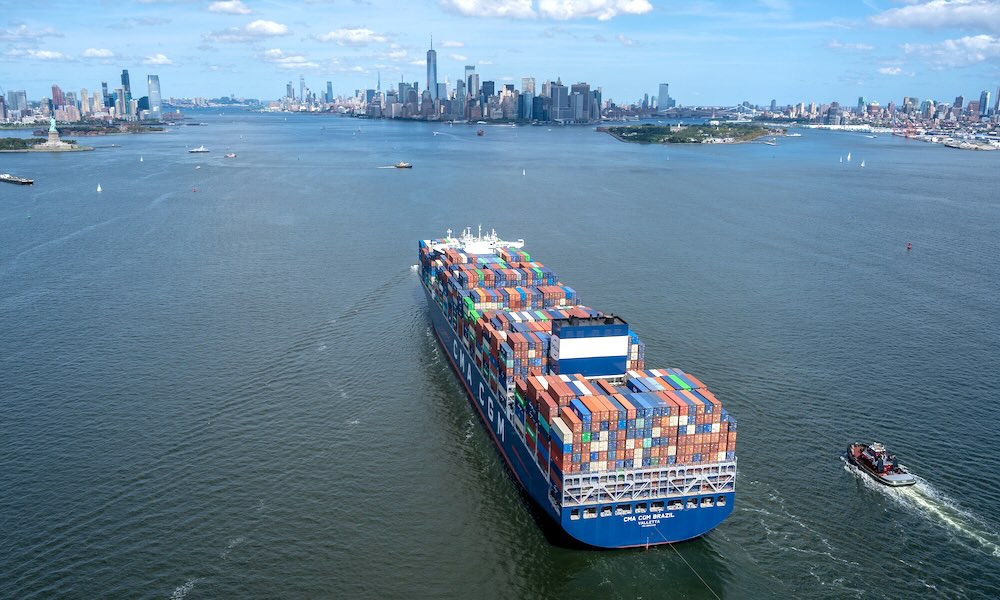US east coast port talks set to resume
Dockworker Union Talks Resume Amid Strike Threat

Negotiations are set to resume tomorrow between employers and dockworker unions along the US East and Gulf coasts. This comes as both sides make a final effort to avert a potential strike scheduled for January 15. The International Longshoremen’s Association (ILA) and the United States Maritime Alliance (USMX) are at the center of these discussions. The outcome of these talks is crucial, as a strike could significantly disrupt shipping operations and impact the economy.
Background of the Negotiations
The current negotiations follow a three-day strike that took place last October. During that time, the ILA reached an agreement with USMX regarding wages. This agreement allowed the dockworkers to suspend their walkout until January. However, the situation has become more complex as the contract is set to expire on January 15, just five days before Donald Trump is inaugurated as the 47th president of the United States.
In November, both parties returned to the bargaining table to address outstanding issues related to their existing contract. Unfortunately, those negotiations broke down, leaving many questions unanswered. The primary issue at the heart of the dispute is the use of semi-automated cranes. This technology has raised concerns among dockworkers about job security and working conditions.
JERA Plans to Resume Service After the Fire at Taketoyo Thermal Power Station
Analysts at Sea-Intelligence have noted that the ILA appears to have the backing of both the outgoing and incoming presidents. This support could influence the negotiations positively for the union. However, the carriers behind USMX may stand to gain financially from any disruptions caused by a strike. The uncertainty surrounding the negotiations leaves many in the shipping industry on edge.
Implications for Shippers and the Shipping Industry
The potential for a strike has significant implications for shippers and the broader shipping industry. Lars Jensen, head of container advisory firm Vespucci Maritime, has suggested that if no agreement is reached soon, terminals may announce extended gate hours in the week leading up to January 15. This move would aim to alleviate congestion and prepare for possible disruptions.
Shippers are advised to stay informed about the developments in these negotiations. Jensen emphasized the importance of planning ahead to mitigate the risks associated with cargo being stuck in ports. The threat of a strike could lead to delays and increased costs for businesses relying on timely shipments.
As the deadline approaches, the pressure is mounting on both sides to reach a resolution. The outcome of these talks will not only affect dockworkers and employers but also have far-reaching consequences for the entire shipping industry. Stakeholders are watching closely, hoping for a peaceful resolution that avoids a strike and maintains the flow of goods through critical ports.
